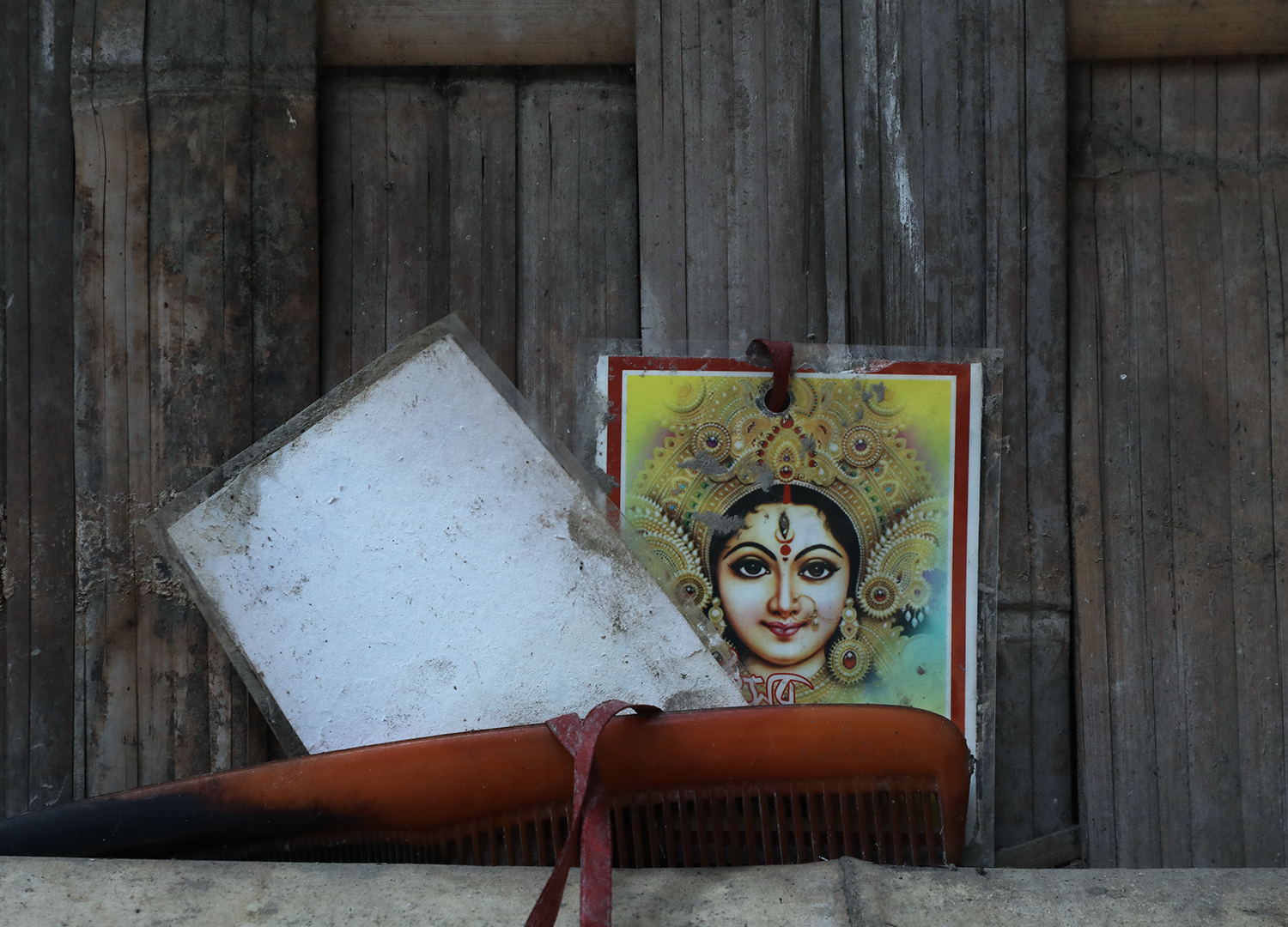Bangladeshi politics is failing Bangladesh’s Hindus
In pursuing a public relations drive in lieu of policy and action, the interim government is failing the Hindu minority in Bangladesh.

The interim government is failing to serve the Hindu population of Bangladesh domestically. As revealed by the Netra News report of December 18th, Hindu citizens of Bangladesh are living in fear. Whatever the causes of this may be, alleviating it is solely the government’s responsibility, and should be one of its top priorities.
On the question of protecting the Hindu minorities and addressing their concerns, Muhammad Yunus’ government has relentlessly pursued a public relations offensive in lieu of action. Despite saying that the concerns of Hindu citizens of Bangladesh are an internal matter for the country, the interim government has shown an obstinate streak in dealing with their fears exclusively as a matter of foreign policy with India.
Taking their lead from the government, Bangladeshi political activists and leaders, and notable figures have taken to the media with strident messages of Bangladesh’s tolerant pluralism, as a counteroffensive to the false narrative being disseminated by the Indian media. Amongst those who have followed this directive are majoritarians who have participated in the oppression of Hindus and other minorities in the past.
The inevitable result of combating Indian disinformation as the chief strategy of domestic politics is a Hindu population living in fear. The legitimate concerns of Hindus are neither being heard nor addressed by an interim government too busy putting lipstick on a pig. The wilful conflation of anti-Indian sentiments and Hinduism has made anti-Hindu hate speech widespread, adding to the pre-existing prejudices against minorities that the majority in Bangladesh has rarely been shy of expressing with impunity.
Refusing to acknowledge this longstanding problem, giving precedence to Indian disinformation rather than actively engaging with minorities, is disingenuous and harmful. By whipping up a populist storm, the interim government is reasserting the continued relegation of Hindus in Bangladesh precisely to the status that Muslims in India face today, with the same fears and marginalisation. The interim government cannot be allowed to wash its hands off this by blaming this reality on Indian disinformation and the Awami League’s failures on the matter of protecting minorities.
A military that has quietly been granted a 60-day extension to magistracy powers, has a poor track record on the issue of minorities. Nor does a government lacking minority representation and proper minority outreach fill the threatened Hindus with confidence. Their concerns will only increase in light of the chief adviser’s public announcement of a timeline for a general election, since election periods in Bangladesh have historically seen increases in violence against minorities.
A government whose ministry for religious affairs is headed by the chief of a dogmatic Islamist organisation, whose vague roadmap to democracy via reform commissions does not have any dedicated space for addressing the historical intolerance faced by religious minorities, whose inability to initiate transparent dialogue with the Hindu community means essential meetings with political parties to ensure their long-term compliance on this urgent issue are not on the agenda, is failing to eradicate the fear gripping minorities.
Hindu citizens of Bangladesh are, rightly, feeling vulnerable and aggrieved. They are being forced to fit into an image of tolerance, unity and harmony that their lived experiences have taught them do not exist. Thus far, Yunus and his government have behaved with the arrogant confidence of being oblivious to this growing concern. Unless this is remedied immediately, this failure risks turning the concern into a crisis. More photo-ops, handshakes and smiles is inaction paving the way. Praising them is complicity.●